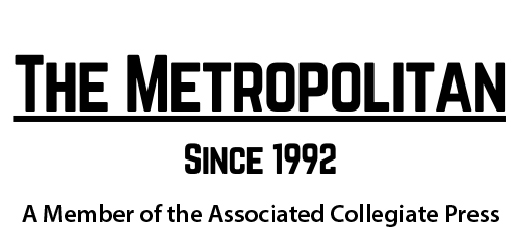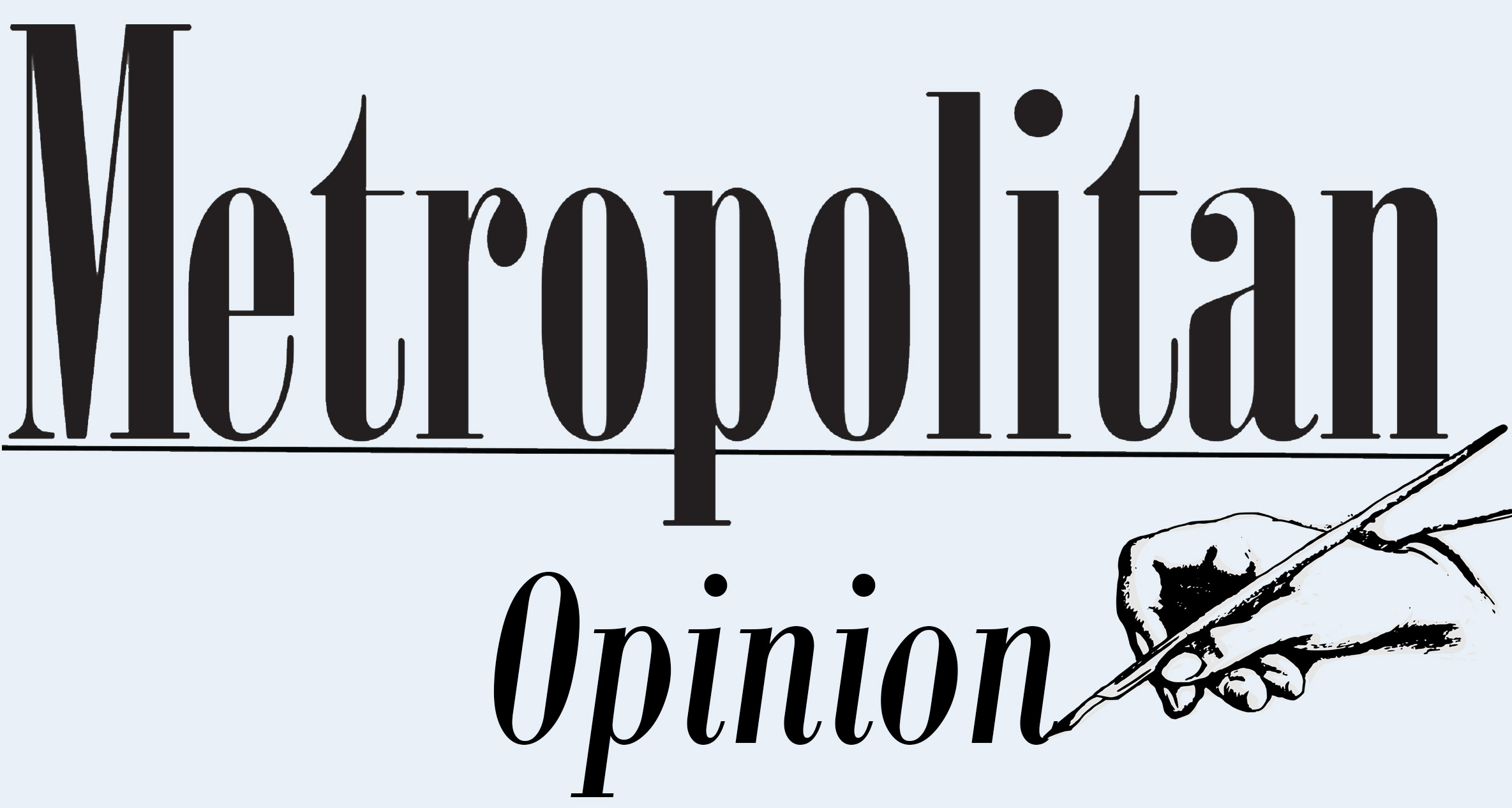Dominique Hlavac
Share:
“You’ll be participating in a mock trial instead of a final exam.”
When our professor said that, some students groaned. Others let out a quiet “yesssss.”
Full disclosure: I was one of the people who groaned. Public speaking has never been my strong suit. Plus, coming up with a spontaneous strategy and then switching it up on the fly?
No. Thank. You.
I registered for POL 331: Law and the Legal Process last fall to complete my minor in political science. The instructor was R. Leigh Frost, an attorney primarily practicing family law.
Each week, we discussed the assigned readings and then, in the second half of class, Frost brought in guest presenters, all practicing attorneys in various specialties.
We peppered the presenters with questions, hoping to glean tips for trying cases, pleading for some sort of leg up for our final.
At midsemester, we were divided into small groups and decided who would play each role.
I was made defense attorney. I had to coach two witnesses (one of whom was my client), and draft questions for the prosecution’s two witnesses.
We were trying the case of Chris Golden, who had been charged under Minnesota statutes with two counts of damage to property in the first degree and one count of burglary in the first degree.
My job: establish reasonable doubt of the guilt of the accused.
A few weeks prior to the trial, we watched “Gideon’s Army,” a 2013 documentary film about public defenders. I was almost brought to tears when the defense attorneys lamented their plethora of cases, far too many for one human to handle. One attorney didn’t have enough money to put gas in her car but was devoted to giving her clients the best defense she could offer.
States do not compensate public defenders well. Many of them hover at the poverty line, struggling to pay their student loans and keep the lights on in their small apartments.
These lawyers’ dedication to their clients made a deep impression on me as I prepared for the mock trial and considered my future career.
As we discussed the facts of Golden’s legal case, many of my classmates would say things like, “Well of course he’s guilty because of XYZ.”
I would rebut them in my mind, trying to detect weak spots in the state’s evidence. I didn’t think he was guilty.
My uncle, a retired prosecutor, came to visit Minnesota around this same time. He was overjoyed when I told him what I was working on in class. He insisted on reading the case materials and talking it over with me. He combed over every shred of evidence and eyewitness account until we built the case for the defense.
Opening statement, closing statement, direct line of questioning for my own witnesses, cross-examination questions for the state’s witnesses; I spent countless hours writing and rewriting them.
I practiced in my room. I practiced in front of the mirror. I practiced in my car.
Going over and over my statements and questions, I tested the patience of my family and boyfriend.
The day of the trial, I ate, slept, and breathed the case against Chris Golden. I knew it inside and out, and nothing would stop me from getting a “not guilty” verdict.
I clipped up my hair, put on a black blazer, knee length skirt, six-inch-high bright red pumps, bright red lipstick. I strode into our classroom courtroom, ready.
There was only a little time to talk testimony with my witnesses before the trial commenced. A judge presided over the trial; Professor Frost sat near the front of the room to evaluate our performance.
The prosecutor and I gave our opening statements, then questioned the witnesses. We were allowed to object; I made a few good ones.
Every minute felt shorter than the last as the trial went on. Before I knew it, the final round of questioning finished. Pure relief washed over me.
Then the judge gave us feedback on how the attorneys and witnesses performed. The class asked for the verdict. “Not guilty, he declared.
To say I was happy would be an understatement—I was exhilarated. I won, but more importantly, I conquered my fears.
Law school and legal practice were never on my radar before taking this class. But now? An academic and career path I am seriously considering.
Want to find out if the law might be right for you? I highly recommend this class. You will gain advanced critical thinking skills and reject snap judgments. You will be forced to look at all possible avenues before coming to conclusions.
You don’t have to be in law school to learn legal arguments. We all benefit from a better understanding of our rights, responsibilities and limitations under the law.
And maybe, like me, you’ll get a leg up on law school.


